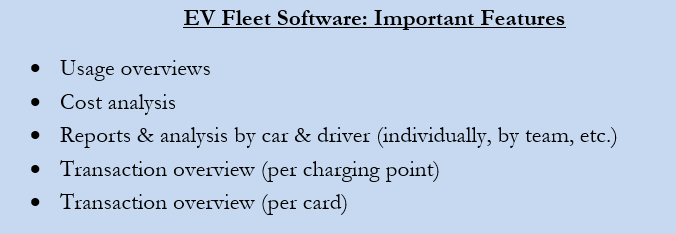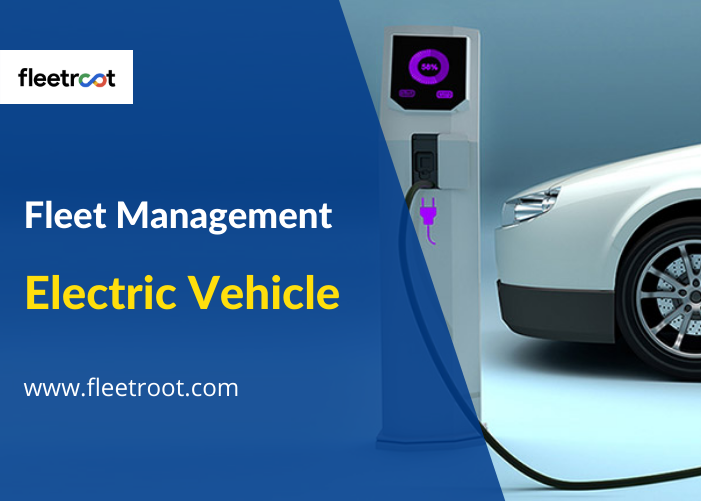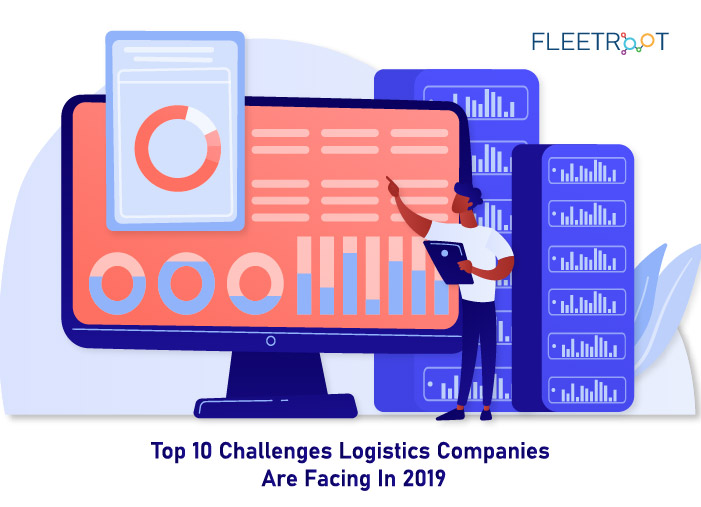Summary
By now it is evident that the use of Electric Vehicles will rapidly replace the traditional combustion-engine vehicles that we have used for almost a century. Both, consumers and fleet-management companies, will increasingly veer toward this option and by the end of this decade, we should have a world where Electric Vehicles are the norm.
Keeping with this change, fleet management companies must also upgrade to using fleet management systems that are equipped to handle the new set of variables, challenges, and benefits that an Electric Vehicle Fleet brings.
How can Electric Vehicles help consumers and companies?
It would be safe to say that one of the most significant changes of this decade will almost surely be the rapid adoption of Electric Vehicles (EVs) by people all over the world. Due to its cost-effectiveness and (rapidly) improving supply-side improvements, consumers are quickly exercising this option – and of course, there is the much-needed respite it affords to our environment! As the percentage of EVs sold grows rapidly, the manufacturers – as well as Governments – are constantly looking to push this innovation, so that the consumer continues to replace his traditional combustion-engine vehicle with an EV.
To play their part, Governments the world over are ramping up investment into various aspects of the EV eco-system to make it easier for the owner to purchase, operate, and maintain an EV. Several billion dollars are being invested into setting up manufacturing plants for EVs, providing tax-sops to both, the seller and buyer, and also setting up charging stations so that charging an EV – a significant issue in its adoption – is taken care of.
Just like the consumer is adopting an EV, the Transportation and Fleet Management industry is also making similar changes. And, the benefit that an EV fleet brings is significant. For example, the single biggest cost item in running a fleet i.e. fuel consumption is eliminated. Add to it various other benefits like lower maintenance costs, enhanced lifetime value (etc.) and you have a winning proposition.
Quite naturally, the fleet management system that is used by Logistics and Transportation companies also needs to re-invent themselves to make sure they are staying on top of managing a predominantly – if not completely – EV fleet but also taking advantage of all the benefits that an EV fleet offers. Of course, all government regulations must also be strictly adhered to.
But, what really is EV Fleet Management?
A company can be said to run an “EV Fleet” when it leases or buys a bunch of electric vehicles for running its transportation or logistics company. “EV”, of course, stands for “Electric Vehicle”, one that runs either completely or partly by using electric power.
These vehicles are often called “green vehicles” since they do not emit any carbon dioxide, and are therefore extremely environment-friendly. EVs run on batteries that can be charged via a “charging station”, which is essentially a physical location where several chargers are available to plug into your EV and restore its charge.
This not only optimizes the performance of the EV fleet but also provides a holistic perspective of managing it.
Surely, there must be challenges?
For all its benefits, EVs also bring their unique challenges especially because they introduce a new set of operation dynamics. Some include:
- Getting drivers to take responsibility for charging
- Deploying vehicles without knowing their SOC (state-of-charge)
- Using public stations to charge vehicles beyond what is necessary

What are some benefits of EV Fleet Management Systems?
Reducing carbon emissions and battling climate change remains the single, largest benefit of using an EV Fleet. And, although EVs are still far from reaching their potential in terms of the number of vehicles on the road, there are hectic efforts afoot by Governments, manufacturers, and policy-makers to increase their adoption, and thereby, its benefits.
1) Real-Time Charging Insights: Perhaps the biggest advantage of an EV fleet management system is that it gives real-time charging information. This is crucial for Fleet Managers in calculating the distance that each fleet vehicle is capable of undertaking. With an EV fleet, that is the starting point of allocating and dispatching vehicles on daily delivery routes.
2) Easy integration with cloud systems: The biggest advantage of cloud-based EV management software in managing an EV fleet is that the integration is simple. Since EVs are in-built with such cloud software, both can be easily integrated. This facilitates the easy exchange of data, communication, real-time tracking (etc.)
3) Helps Stay Complaint: By Extention of the point above, the ease of data transfer and reports created using this data (e.g. hours logged, number of times batteries have been charged, etc.) make it easier for EV Fleet Managers to adhere to all the regulatory compliances that EVs are required to maintain.
7) Eliminates fuel consumption: Fuel costs are the highest costs in maintaining and running a fleet of vehicles. Therefore, switching to EVs shaves a huge chunk off of these operating costs and creates a positive impact on the bottom line.
5) Reduced maintenance costs: EVs reduce vehicle downtime – and therefore, overall fleet maintenance costs – since they have lesser moving parts and require minimal replacement of components.
6) Increased Efficiency: EV fleet systems provide Fleet Managers with a holistic view of the entire fleet operation and enable them to monitor fleet activity efficiently. Fleet Managers have a real-time perspective of all aspects of the fleet operation including vehicle locations, ETA, ongoing jobs, completion status, deliveries (etc.) and can also maintain direct communication with their fleet drivers as they proceed through their daily schedules.
4) Enhanced Fleet Safety: At the end of the day, the safety of all stakeholders of a fleet operation is paramount and the fleet companies are directly responsible for it. EV management systems monitor whether the assigned safety protocols are maintained and take prompt corrective measures where required.
8) Improves profitability: With its low-maintenance and other improved performance parameters (not to mention the tax-sops being offered by authorities the world over), EV usage comes with a lot of improved profitability. Using EV fleet management software to maintain an efficient operation further adds to the bottom line.
Conclusion: Managing an EV fleet is a challenging task and using EV fleet management software is essential to manage all the critical performance metrics such as charging schedules, efficient routing, and energy consumed (etc.). This enables EV fleet companies to run a successful and profitable operation.




